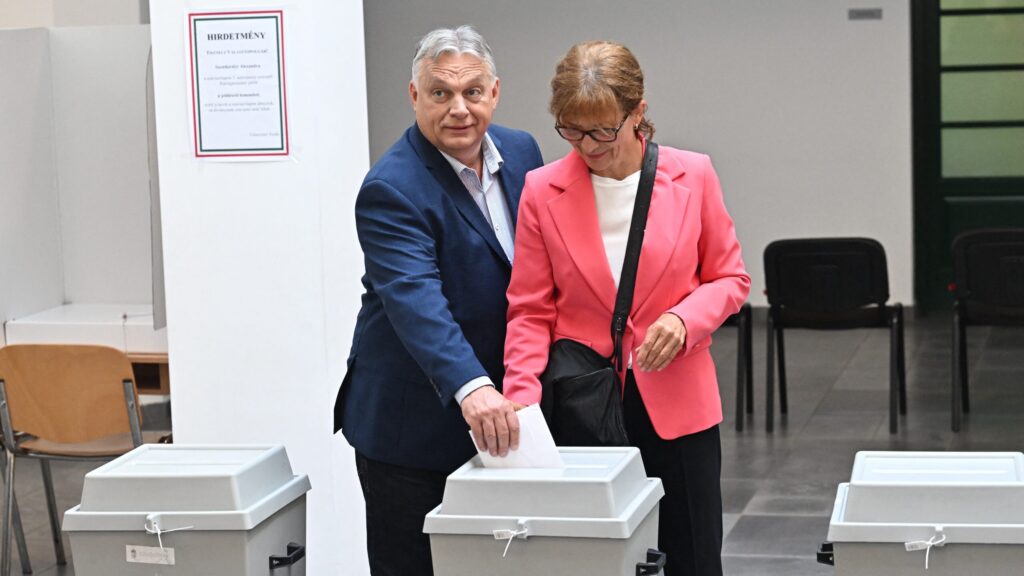From September all items that aid learning will continue to be allowed in schools, but those that hinder learning or endanger the physical safety of students will not be permitted, the Parliamentary Secretary of the Ministry of Interior announced on Friday evening on his Facebook page.
Bence Rétvári wrote that the government has put forward a draft regulation for public consultation regarding items that cannot be brought into schools or can only be brought in with restrictions. According to the proposal, from September, it will be prohibited to bring into schools any item that is dangerous to public safety, is prohibited by the Criminal Code or misdemeanour legislation, or cannot be sold to individuals under 18. Items that are not banned but have restricted use include mobile phones and other smart devices. Schools will be responsible for enforcing the regulation, and teachers will have the authority to monitor compliance, Rétvári stated.
He pointed out that a recent violent incident (a stabbing in which both the perpetrator and the victim were students) highlighted the need to create a regulation to help prevent similar tragedies. From September, the draft regulation will empower teachers to check whether a student has brought any dangerous items into the school. This new provision is intended to ensure the safety of students and teachers.
Bence Rétvári added that increasing domestic and international research indicates that
unrestricted mobile phone use in schools has a negative impact on students’ attention, concentration, and performance.
Students find it harder to focus on the teacher and the lesson if they have their mobile phone with them or even in their bag.
He recalled that the government had previously conducted a digital consultation. In this, most teachers and principals deemed it necessary to regulate mobile phone use in schools because mobile phones distract students. ‘It can be said that it often makes the teacher’s work more difficult if the students’ attention is diverted by applications running on their mobile phones. It is harder for the teacher to keep the students’ attention for 45 minutes during a lesson if the students are hooked on their stimulating mobile phones, either during or between lessons,’ he wrote.
He also noted that students would still have the opportunity to use their mobile phones before or after school hours and could maintain contact with their parents through them if necessary. If a mobile phone is needed for learning, it can be brought into the classroom with the teacher’s permission. ‘When the smart device serves learning, students can use it, but when it hinders learning, they cannot. The regulation is necessary to improve school performance,’ the Secretary of State said.
The state secretary also mentioned that alongside Hungarian scientific research, studies by UNESCO and the United Nations also confirm that excessive mobile phone use reduces educational performance. France, the Netherlands, Italy, Slovakia, and England have already taken decisive steps to restrict mobile phone use in schools.
Reducing mobile phone use in schools also decreases the number of cyber-bullying cases. The use of mobile phones, laptops, and tablets in schools should support students’ learning and not distract them from it, Bence Rétvári wrote.
Read more:







